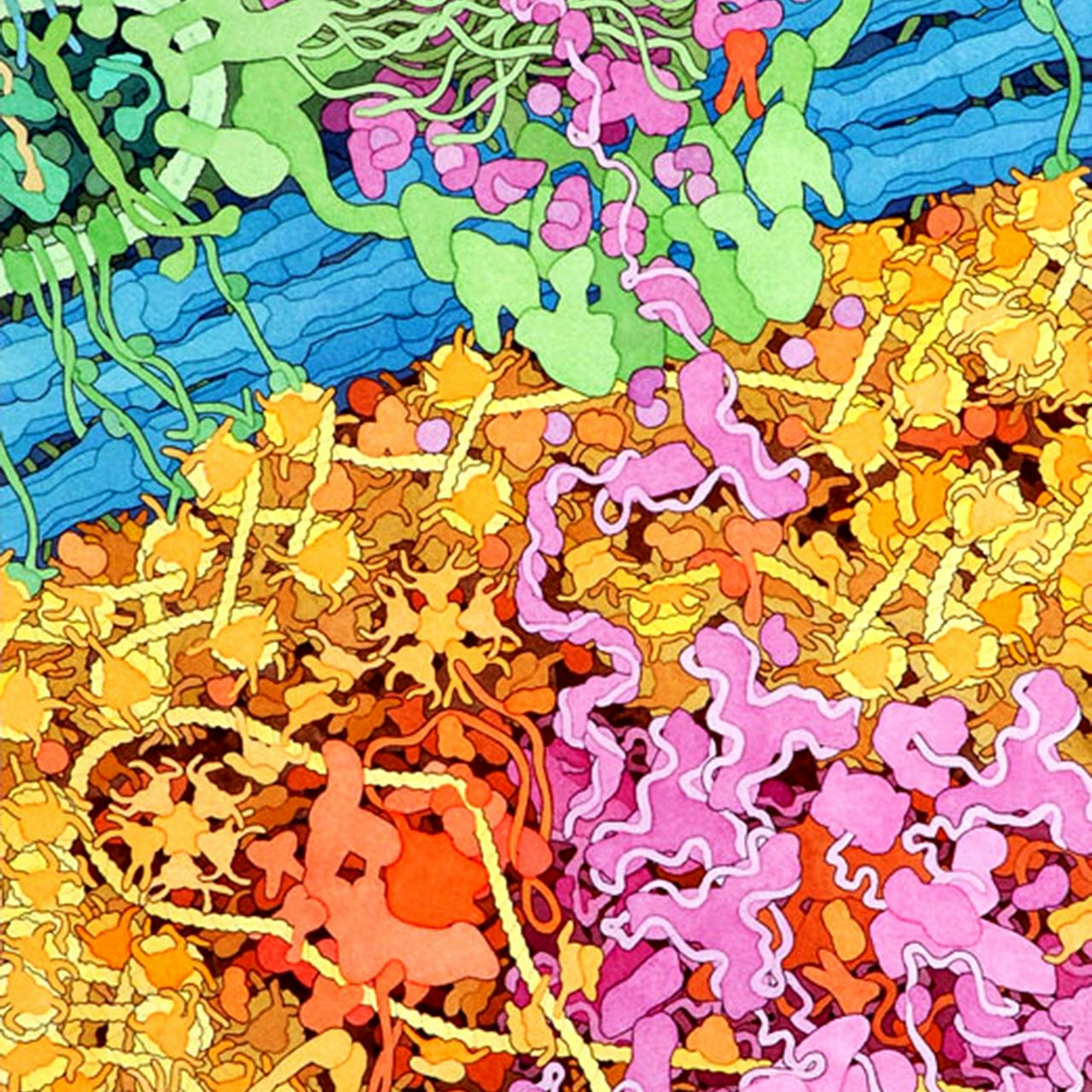The elegant universe
Tackling big questions about the fundamental forces, symmetry and information, and the intimate interplay between physics and mathematics.
We lack a single theory that describes the universe. Gravity, described by general relativity, is not consistent with quantum field theory describing the other three forces. Will this be resolved by string theory, loop quantum gravity, or something new? What are the testable consequences of such a theory, which is currently beyond the limits of human experimentation? We seek the structure of the extra dimensions of space-time whose geometry determines our universe.
We study the large-scale structure of space-time, especially in relation to singularities. Can black hole thermodynamics help prescribe a theory of everything? What are the implications of the holographic principle? What is behind dark energy and matter, which are posited to make sense of the cosmos?
We study the physical nature of information, and the extraction of energy from fluctuations in the environment. We seek a foundational understanding of the relation between information and energy in the classical and quantum regimes.
Wigner noted the unreasonable effectiveness of mathematics in physics. Today, we see the reverse: attempts to advance physics, such as string theory, are driving mathematics. We investigate the convergence between pure mathematics and fundamental physics, and how this vantage could help redress physics’ current impasse.

















Learning the cell-state space
Building machine learning models that mimic the behaviour of cells in silico to improve the prediction of genes for cell programming.
Mathematics of immortality
Deriving the mortality equation, which governs the dynamics of an ageing population, and solving it to crack the evolutionary origin of ageing.
Informative experiment design
Developing the mathematical structure of experiments using information theory and combinatorics to speed up the discovery of new cell types.
Theory of genetic computation
Understanding genetic computation using regulatory motifs, a new kind of structural and functional building block of gene regulatory networks.
Learning the universe
Using machine learning to search the vast space of 10-dimensional geometries for ones that predict the Standard Model from string theory.
Recursively divisible numbers
Generalizing the divisor function to find a new kind of number that can be recursively divided into parts, for use in design and technology.
Fundamental advances in AI
Developing radical new approaches to inference and automated decision making using advances in quantum information and statistical physics.
The structure of innovation
Creating a mathematical model of combinatorial innovation to understand how innovation rates can be influenced as components are acquired.
Bootstrap percolation
Advancing the mathematical theory of bootstrap percolation, where active cells on a lattice with few active neighbours cease to be active.
Surprises from simple rules
Understanding complex dynamical behaviours generated by simple rules, such as cellular automata, polyominoes and models of competition.
Fractal structures
Using fractal, or self-similar, patterns to design the lightest possible load-bearing structures with new strength-to-mass scaling laws.
Structure of how things relate
Creating mathematical tools for characterizing the structure of ideal graphs and irregular networks, and the behaviour of processes on them.
Reconstructing credit networks
Using ideas from statistical physics to reconstruct the average properties of financial networks from partial sets of information.
Information thermodynamics
Understanding the physical nature of information and how it relates to energy transfer and new technologies that make use of these insights.
Spectre of hypercubes
Exploring the spectral properties of subgraphs of the hypercube and Hamming graphs for insights into coding theory and models of evolution.
Puzzles in packing
Predicting the geometry and behaviour of densely packed objects from first principles, from spheres to polydisperse spheres to cells.
Is continuous space illusory?
Creating discrete models of space and spacetime that appear continuous over long lengths and set the stage for non-continuum physics.
Remembering to learn
Understanding the dynamics of networks of memristors, a new paradigm for low-power computation inspired by the structure of the brain.
Intelligence of graphs
Predicting the behaviour of graphs and processes on them by treating topological patterns as constraints on a random graph ensemble.